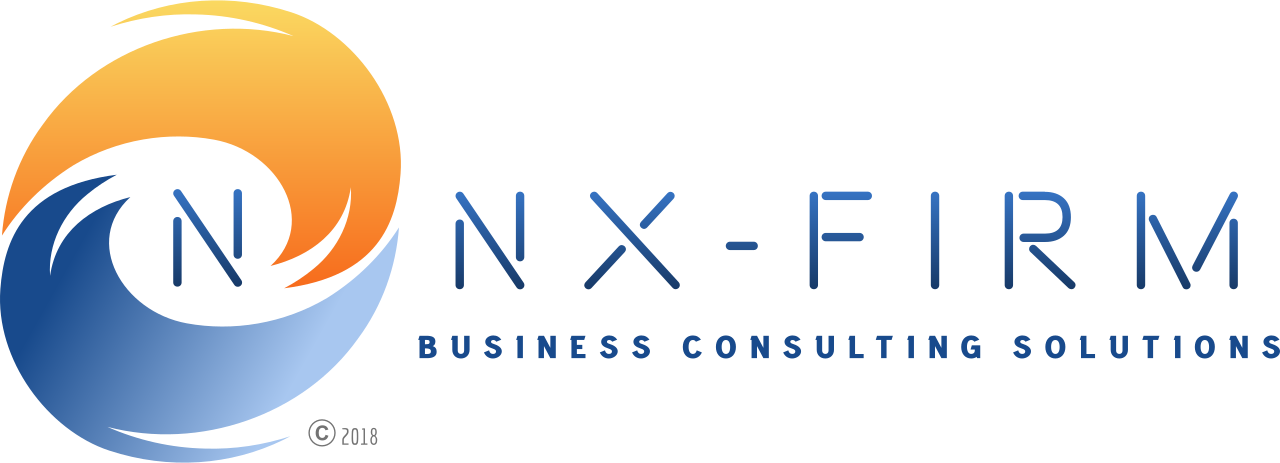Strategic Planning




Strategic Planning
Strategic planning is a process that organizations use to set goals, determine actions to achieve those goals, and mobilize resources to move in a desired direction. It is a forward-thinking, future-oriented approach that helps organizations stay competitive and adapt to changes in their industry.
At its core, strategic planning involves analyzing the current state of the organization, identifying its strengths, weaknesses, opportunities, and threats, and envisioning the desired future state. This analysis helps to identify gaps and areas for improvement, which then become the basis for developing strategies and action plans.
There are several key steps in the strategic planning process. First, organizations must establish their mission and vision statements, which outline their purpose and long-term goals. These statements serve as a guidepost for decision-making and help to align everyone in the organization towards a common purpose.
Next, organizations conduct a SWOT analysis, which stands for strengths, weaknesses, opportunities, and threats. This analysis helps to identify internal strengths and weaknesses, as well as external opportunities and threats that may impact the organization's success. By understanding these factors, organizations can develop strategies that leverage their strengths, address their weaknesses, capitalize on opportunities, and mitigate threats.
With a clear understanding of the current state and desired future state, organizations can then develop goals and objectives. Goals are broad, overarching statements of what the organization wants to achieve, while objectives are specific, measurable steps that will lead to goal attainment. These goals and objectives should be challenging yet realistic, and should be aligned with the organization's mission and vision.
Once goals and objectives are established, organizations can develop strategies and action plans to achieve them. Strategies are high-level plans that outline how the organization will achieve its goals, while action plans specify the specific steps, timelines, and responsible parties for implementing those strategies. It is important to regularly monitor and evaluate progress towards achieving goals and, if necessary, adjust strategies and action plans accordingly.
In conclusion, strategic planning is a vital process for organizations looking to thrive and succeed in today's rapidly changing world. By setting clear goals, developing effective strategies, and aligning resources towards a common purpose, organizations can better position themselves for success. So, regardless of your industry or business type, strategic planning can help guide your path to a brighter future.
Don’t venture down the path without the Nx-Firm consulting team
What is a Next Generation Business Consulting Firm?
Unlike traditional business consultants who focused on conventional strategies, Next Generation Business Consultants offer a broader range of services and advanced technologies relevant to today’s evolving business trends. This innovative approach addresses current needs and anticipates future challenges. For more details, we invite you to explore our insightful video.




















